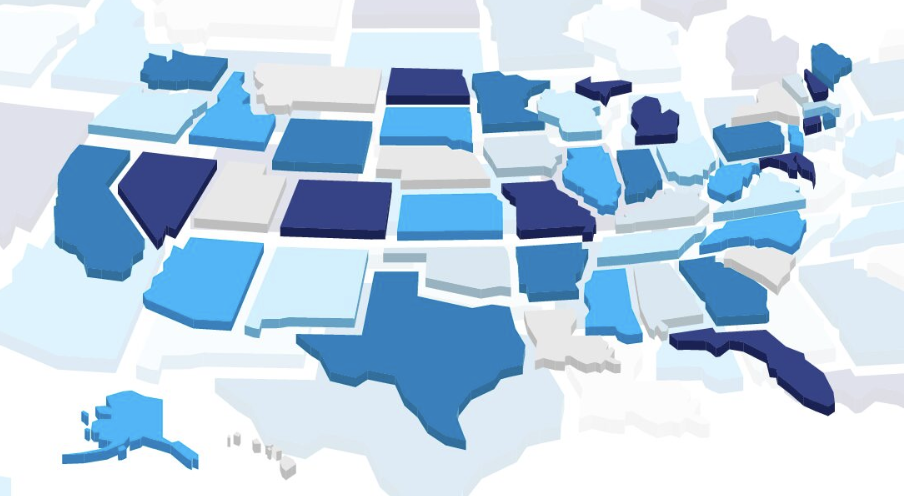Showing results for virg xped promo code new user 2024 austria 2024 user 2024 austria 2024 2024 2024

FPF Year in Review 2025
[…] an overall generative AI system. This fall, the Center hosted the “Responsible AI Management & CRAIG Webinar”, exploring responsible AI and the role of industry-academic research in promoting responsible AI management. Guests from the recently established Center on Responsible AI and Governance (CRAIG), the first industry-university cooperative research center to focus exclusively on responsible […]

Abstract,Big,Data,Visualization.,Big,Data,Code,Representation.,Futuristic,Network
abstract,big,data,visualization.,big,data,code,representation.,futuristic,network

FPF releases issue brief on Vietnam’s Law on Protection of Personal Data and the Law on Data
[…] addressing overlapping domains of data protection, data governance, and emerging technologies. Read the Issue Brief here This Issue Brief analyzes the two laws, which together define a new, comprehensive regime, for data protection and data governance in Vietnam. The key takeaways from this joint analysis show that: The new PDP Law elevates and enhances […]

FPF Issue Brief – Making Sense of Vietnam’s Latest Data Protection and Governance Regime
[…] 25 T a b le of Con te n ts 1 . I n tr o d uctio n … ………………………………………… ……………………………………………………………………………………. 2 2 . T he new PD P La w ele va te s an d en h an ce s data pro te ctio n in Vie tn am by pre […]

Five Big Questions (and Zero Predictions) for the U.S. Privacy and AI Landscape in 2026
[…] year was more due to chance than anything else, and next year will return to business-as-usual. After all, Alabama, Arkansas, Georgia, Massachusetts, Oklahoma, Pennsylvania, Vermont, and West Virginia all had bills make it to a floor vote or progress into cross-chamber, and some of those bills have been carried over into the 2026 legislative […]

Youth Privacy in Australia: Insights from National Policy Dialogues
Throughout the fall of 2024, the Future of Privacy Forum (FPF), in partnership with the Australian Academic and Research Network (AARNet) and Australian Strategic Policy Institute (ASPI), convened a series of three expert panel discussions across Australia exploring the intersection of privacy, security, and online safety for young people. This event series built on […]

Youth Privacy in Australia: Insights from National Policy Dialogues
Throughout the fall of 2024, the Future of Privacy Forum (FPF), in partnership with the Australian Academic and Research Network (AARNet) and Australian Strategic Policy Institute (ASPI), convened a series of three expert panel discussions across Australia exploring the intersection of privacy, security, and online safety for young people. This event series built on […]

FPF Youth Privacy in Australia
[…] all designed to meet the unique and changing nee ds of research and education. AARNet works closely with the research and education sector, industry, and government to promote a safe and secure internet environment, fostering innovation while protecting the integrity of Australia’s digital infrastructure. Learn more at aarnet.edu.au. YOUTH PRIVACY IN AUSTRALIA: INSIGHTS FROM […]

2025 FPF Privacy Communities
PRIVACY COMMUNITIES FPF Privacy Communities bring industry leaders together with FPF staff and experts to develop best practices, share insights, and promote pragmatic public policy solutions. Privacy Community members receive regular written updates on developments in their field. FPF members can access these privacy communities via the FPF Member Portal. For those without a […]

FPF Releases Updated Report on the State Comprehensive Privacy Law Landscape
The state privacy landscape continues to evolve year-to-year. Although no new comprehensive privacy laws were enacted in 2025, nine states amended their existing laws and regulators increased enforcement activity, providing further clarity (and new questions) about the meaning of the law. Today FPF is releasing its second annual report on the state comprehensive privacy […]
